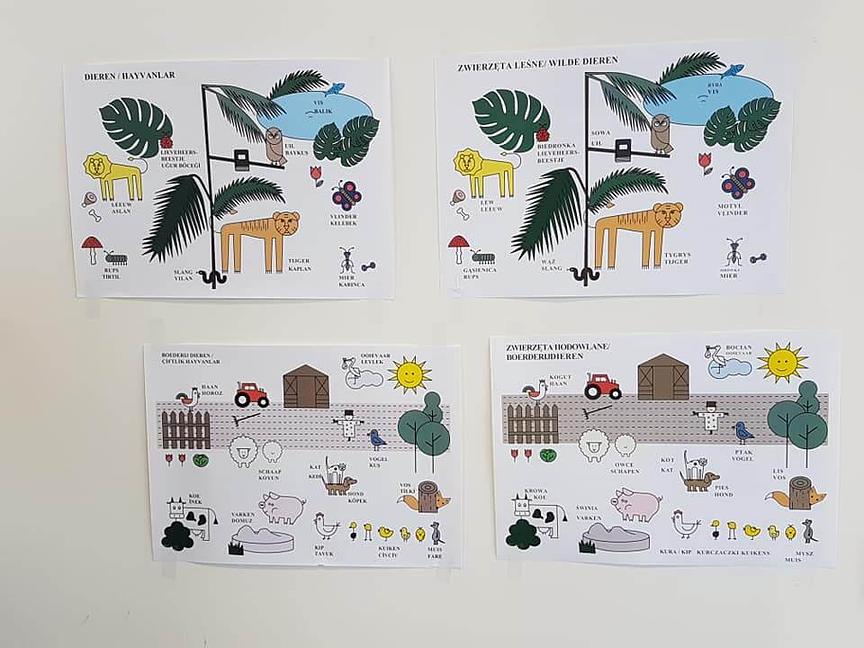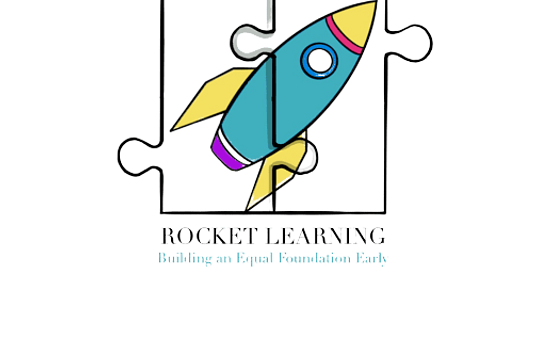The Erasmus+ AVIOR-project (2016-2019) aimed at improving the basic numeracy and literacy skills of migrant children in Europe.
The project's name was inspired by one of the brightest stars, AVIOR, which symbolises the many languages and skills children in Europe bring to the classroom, but that so often remain hidden for their teachers!
Challenge:Schools across Europe are seeing an increasing number of children with a migrant background, who speak a different language at home than the school language. However, most classrooms are still monolingual oriented.
Solution:The AVIOR project sought to respond to this challenge with a partnership of six different European countries. These worked together to make bilingual materials available to schools, and to share best practices among teacher trainers and school leaders on how to create inclusive multilingual classrooms.
Goals:Theproject partners hoped to reduce the costs of producing bilingual materials, improve teacher professional competence and enhance migrant parental involvement in the learning process of their children.
Target groups:The target groups were teachers, teacher trainers, school leaders, parents andmigrant communities, schools, municipalities, Ministries of Education and EU policymakers.
In order to achieve these goals, AVIOR employed a three-pronged approach:
-
Bilingual resources: translating and adapting existing, high-quality bilingual materials; -
Teacher competence: teachers, parents and teacher trainers share best practices through study visits to schools and teacher training institutes in European countries; -
Teacher/parent collaborative networks: parents and teachers are actively engaged in local case studies involving the newly translated bilingual resources.
The ultimate beneficiaries of this project were primary school children between 4-8 years with migrant backgrounds who speak a different language at home than the school language.
AVIOR bilingual teaching materials(stories, games, posters etc.) were translated into more than 15 different language combinations, and were piloted at schools and kindergartens. The material includes lesson plans in English.
The implementation analysis indicated that, in addition to improving the language of instruction, bilingual materials supported the development of the mother tongue proficiency incl.vocabulary, reading and writing skills.
Check out our Handbook to find out more about the roots, mission, vision and results of the AVIOR project!



